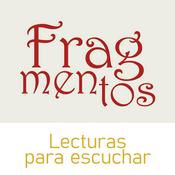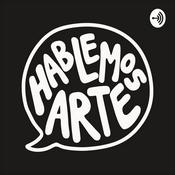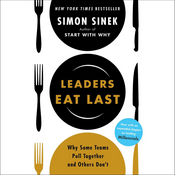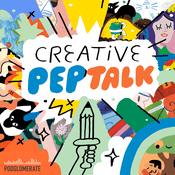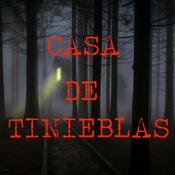189 episodios
- Exploring what academic podcasting is and what it could be, Ian Cook's Scholarly Podcasting (Routledge, 2023) is the first to consider the why, what, and how academics engage with this insurgent, curious craft.
Featuring interviews with 101 podcasting academics, including scholars and teachers of podcasting, this book explores the motivations of scholarly podcasters, interrogates what podcasting does to academic knowledge, and leads potential podcasters through the creation process from beginning to end. With scholarship often trapped inside expensive journals, wrapped in opaque language, and laced with a standoffish tone, this book analyses the implications of moving towards a more open and accessible form.
This book will also inform, inspire, and equip scholars of any discipline, rank, or affiliation who are considering making a podcast or who make podcasts with the background knowledge and technical and conceptual skills needed to produce high-quality podcasts through a reflexive critique of current practices.
Ian M. Cook is Editor in Chief at Allegra Lab.
Caleb Zakarin is the Assistant Editor of the New Books Network.
Learn more about your ad choices. Visit megaphone.fm/adchoices
Support our show by becoming a premium member! https://newbooksnetwork.supportingcast.fm/digital-humanities Suzette van Haaren, "The Digital Medieval Manuscript: Material Approaches to Digital Codicology" (Brill, 2025)
22/12/2025 | 50 minWe increasingly encounter medieval books as digital facsimiles—zooming in on high-resolution images, clicking through virtual pages, or engaging with interactive displays. But what actually happens when a parchment manuscript is translated into a digital object? How does this change affect our understanding of cultural heritage?
In The Digital Medieval Manuscript: Material Approaches to Digital Codicology (Brill, 2025), Suzette van Haaren explores the digital medieval manuscript as a unique cultural artifact, not just a copy of its physical counterpart. Through three case studies, van Haaren reveals how digital manuscripts function in libraries, museums, and scholarship today. Blending manuscript studies with digital humanities, this book offers a fresh materialist approach to the discourse surrounding the digitisation of cultural heritage and provides a nuanced view of how it shapes the way we perceive, handle, and preserve medieval manuscripts in an increasingly digital world.
This episode makes reference to other scholars in the field of digital codicology, several of whom have spoken about this work on New Books Network. Listen to Bridget Whearty speak about Digital Codicology: Medieval Books and Modern Labor; Michelle R. Warren speak about Holy Digital Grail: A Medieval Book on the Internet; and Astrid J. Smith speak about Transmediation and the Archive: Decoding Objects in the Digital Age. Van Haaren also mentions the work of composer Mark Dyer, specifically the Scribe project.
Digitised manuscripts discussed in this interview include the Bury Bible, Der naturen bloeme, and the prayer book of Mary of Guelders. Images from Der naturen bloeme are also available on Wikimedia Commons.
Suzette van Haaren is a postdoc in the CRC Virtuelle Lebenswelten at the Ruhr-Universität Bochum. Her research reflects on the impact of the increasing digitisation (and virtualisation) of historical heritage. She is interested in the Middle Ages in contemporary media contexts.
Learn more about your ad choices. Visit megaphone.fm/adchoices
Support our show by becoming a premium member! https://newbooksnetwork.supportingcast.fm/digital-humanitiesReading the Bible with AI?: A Conversation with John Kaag, Philosopher and Co-Founder of Rebind AI
03/12/2025 | 42 minRebind combines reading with AI-chat to deepen learning and simulate the experience of conversing with some of the greatest scholars and thinkers. With Rebind, you can read A Tale of Two Cities with Margaret Atwood, Huck Finn with Marlon James, and Candide with Salman Rushdie. John and his team have recently launched the Rebind Study Bible, an interactive way to read, listen, and interpret the Bible with insight from scholars. As we head further into a world augmented by AI tools, Rebind is on the frontlines of embracing AI without destroying the art of deep, contemplative engagement. To give so insight into how Rebind is marrying scholarship with AI tools, I’m thrilled today to have John Kaag on the podcast.
For a free 7-day trial, visit this link
John Kaag is an American philosopher and chair and professor of philosophy at the University of Massachusetts Lowell. He is co-founder of Rebind Publishing.
Caleb Zakarin is editor of the New Books Network.
Learn more about your ad choices. Visit megaphone.fm/adchoices
Support our show by becoming a premium member! https://newbooksnetwork.supportingcast.fm/digital-humanitiesJimmy Wales with Dan Gardner, "The Seven Rules of Trust: A Blueprint for Building Things That Last" (Crown Currency, 2025)
02/12/2025 | 50 minIn my interview with Jimmy Wales, father of Wikipedia, we celebrate his new book, The Seven Rules of Trust: A Blueprint for Building Things That Last (Crown Currency Publishing, 2025). We talk about how the book came about, how Wikipedia took flight, and how the challenges of maintaining trust and preserving neutrality shape the key to Wikipedia's future.
Learn more about your ad choices. Visit megaphone.fm/adchoices
Support our show by becoming a premium member! https://newbooksnetwork.supportingcast.fm/digital-humanitiesElisabetta Ferrari, "Appropriate, Negotiate, Challenge: Activist Imaginaries and the Politics of Digital Technologies" (U California Press, 2024)
29/11/2025 | 42 minActivists utilize digital technologies to communicate, coordinate, and organize for social change. In Appropriate, Negotiate, Challenge: Activist Imaginaries and the Politics of Digital Technologies (U California Press, 2024) Elisabetta Ferrari examines both the politics of Silicon Valley's technological imaginary and how leftist activists appropriate, negotiate, and challenge Silicon Valley's vision of technology. Researching movements in Italy, Hungary, and the United States, Ferrari shows how activists construct their own activist technological imaginaries that reflect and shape the politics of social movement how activists think about their political possibilities. Ultimately, Ferrari centers the political and imaginative work that activists need to perform in order to navigate the politics of mainstream digital technologies.
Learn more about your ad choices. Visit megaphone.fm/adchoices
Support our show by becoming a premium member! https://newbooksnetwork.supportingcast.fm/digital-humanities
Más podcasts de Arte
Podcasts a la moda de Arte
Acerca de New Work in Digital Humanities
Interviews with digital humanists about their new work
Support our show by becoming a premium member! https://newbooksnetwork.supportingcast.fm/digital-humanities
Sitio web del podcastEscucha New Work in Digital Humanities, Club de lectura de MPF y muchos más podcasts de todo el mundo con la aplicación de radio.net

Descarga la app gratuita: radio.net
- Añadir radios y podcasts a favoritos
- Transmisión por Wi-Fi y Bluetooth
- Carplay & Android Auto compatible
- Muchas otras funciones de la app
Descarga la app gratuita: radio.net
- Añadir radios y podcasts a favoritos
- Transmisión por Wi-Fi y Bluetooth
- Carplay & Android Auto compatible
- Muchas otras funciones de la app


New Work in Digital Humanities
Escanea el código,
Descarga la app,
Escucha.
Descarga la app,
Escucha.

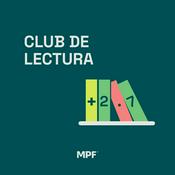
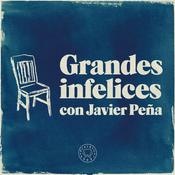



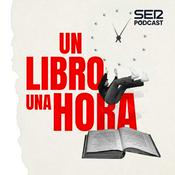


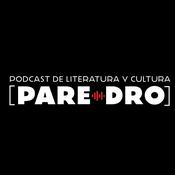

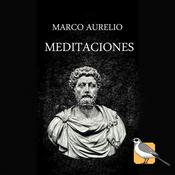
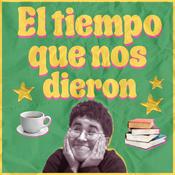
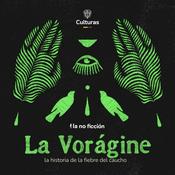

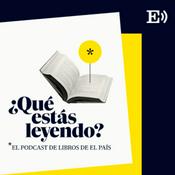
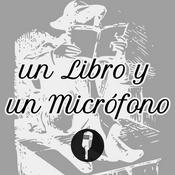
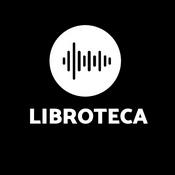


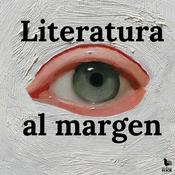



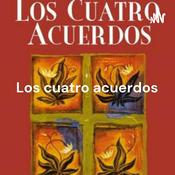
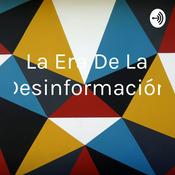





![Podcast Cómo ganar amigos e influir sobre las personas [Spotify Edition]](https://co.radio.net/podcast-images/175/como-ganar-amigos-e-influir-sobre-las-personas-spotify.jpeg?version=bc43cd7b76f606594080059877e3f74e0d72a279)

